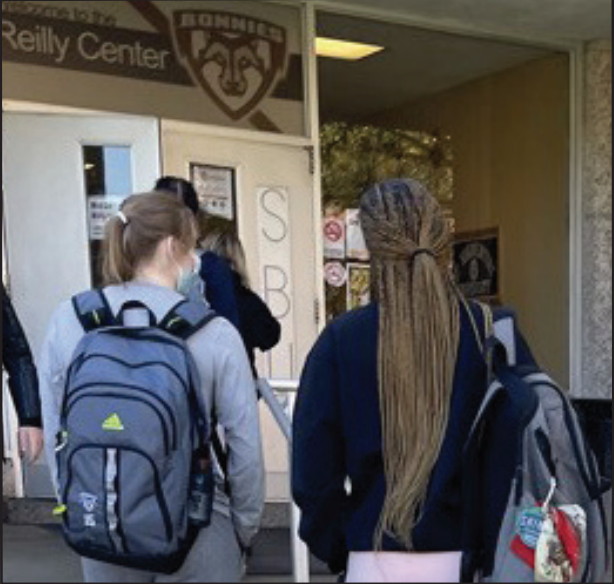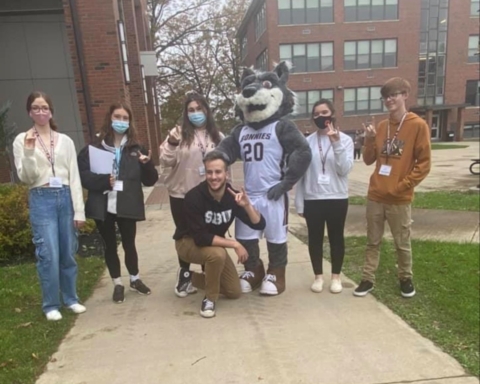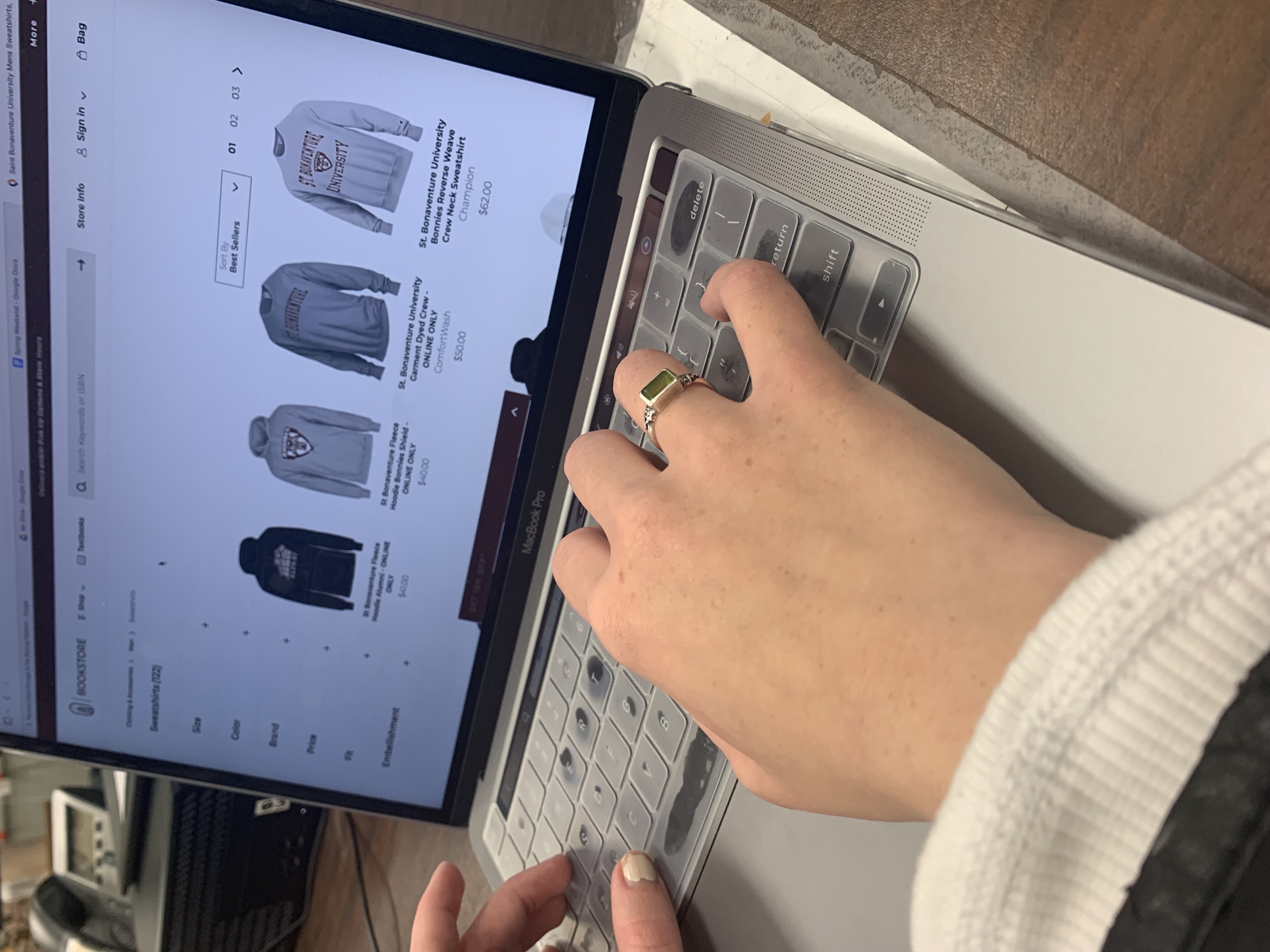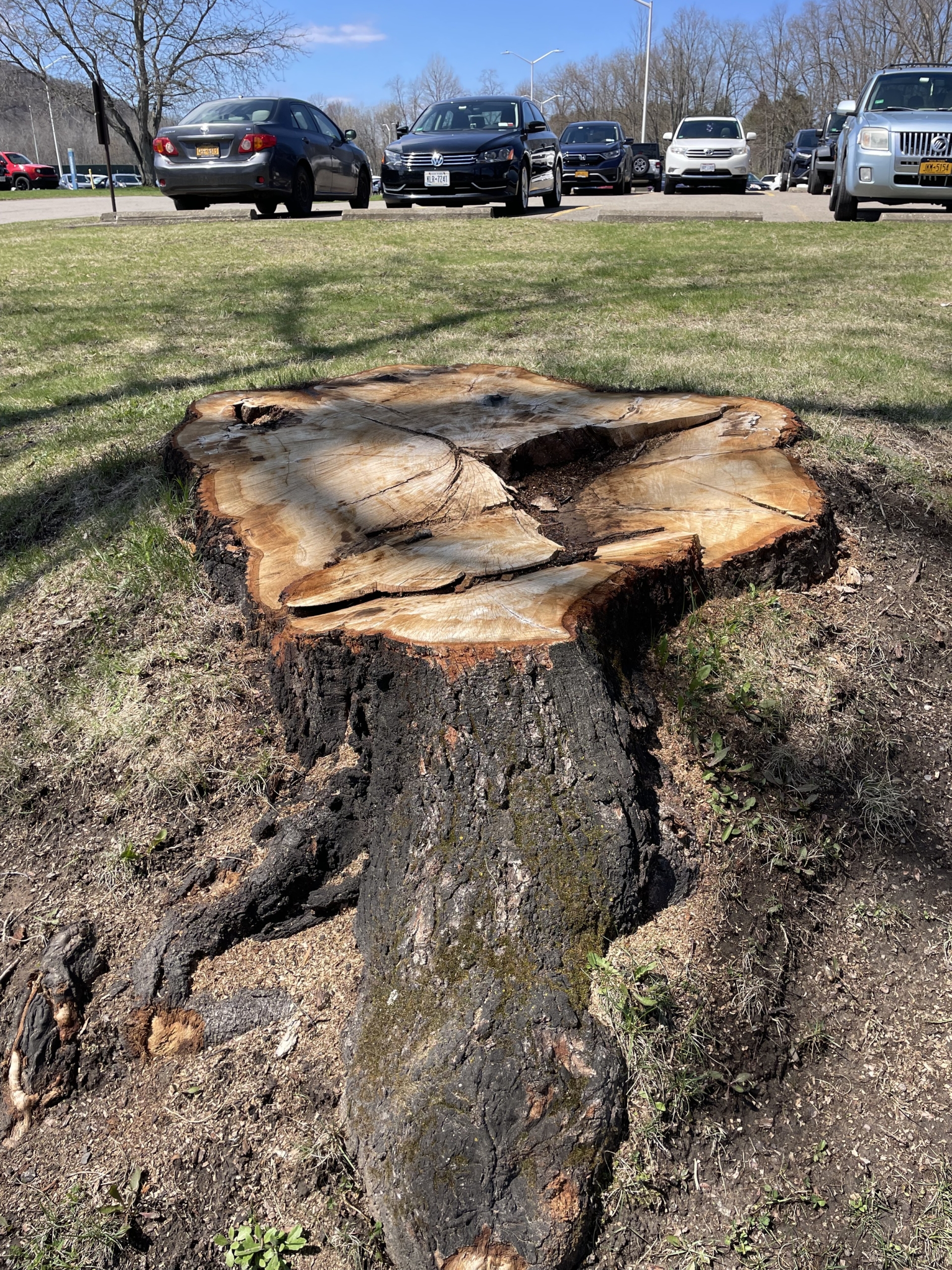BY KURT MARTONE, NEWS ASSIGNMENT EDITOR
St. Bonaventure University is taking a different approach when it comes to illness. In an email update last week, the university outlined new policies for students when dealing with minor illnesses such as the common cold, or flu.
Tom Missel is the chief communications officer at the university, and the co-chair of the university’s COVID-19 taskforce.
“It’s a different mode of operation for our Wellness Center based on the new realities of our high vaccination rate and the rise in non-COVID illnesses, that we are trying to make the campus community more aware of and how they and the Wellness Center, should be responsibly responding to them,” said Missel.
Bonaventure will no longer be testing every student who showcases mild symptoms, but will instead be shifting focus to take care of more severe COVID-19 symptoms, like loss of smell or taste.
Del Ray Honeycutt is the associate dean for Student & Community Wellbeing at the university.
“COVID-19 is still wreaking havoc in many places and healthcare worker burnout is high as a result. But we are fortunate that we have a high percentage of our campus community that’s vaccinated, so that is not the case here,” said Honeycutt.
Missel believes that the university is no longer in the stage of the pandemic where every illness might be a sign of COVID-19.
“We are trying to get people to recognize that not everything is COVID-19. We are not necessarily asking people to self diagnose,” said Missel. “But we are asking people to do an assessment of how they feel, trust their body, kind of like the way we did three years ago. To think, maybe this is just a cold.”
The university wants to be able to treat a wide array of sicknesses that students suffer from. An increased demand of COVID-19 testing, does not allow them to do so.
For Honeycutt, that includes, “Not overwhelming the urgent care with requests for COVID tests. We have not seen any positive test results of late from our own testing or the WellNow, and yet WellNow continues to be inundated with visits for this purpose.”
As of Wednesday evening, St. Bonaventure University has only one active case on campus, according to the school’s tracker. Missel told the BonaVenture that at the moment, no students have COVID-19.
As the University looks toward the future, it is preparing for the next potential stage of the pandemic.
“This is part of the larger recognition that at some point this is going to enter into what they call the endemic stage. It will be something that we are just going to have to live with,” said Missel, “What people have now come to realize is that if you are vaccinated – kind of like the flu – even if you get COVID-19, the symptoms are likely to be more mild, and you would recover from them fairly quickly.”
The University still recommends that if students are not feeling well, to reflect that on the daily health screening and to consider “laying low” for a few days.
“As much as the last 18 months have been about COVID-19, and seemingly nothing but COVID-19, we do not want other illnesses to be spread and become contagious around campus. So if someone is showing symptoms of the traditional flu or cold, they do not want people going out. They are going to tell people to stay in and lay low for a few days, until they are past the contagious period,” said Missel.
As a result of the HERO Act – the legislation that prompted St. Bonaventure to reimplement its mask mandate – the University believes that common illnesses like the cold and flu could be reduced just like they were last year.
As the BonaVenture previously reported, the HERO Act was signed by New York Governor Kathy Hochul on Sept. 7.
The HERO Act mandated new workplace health and safety protections in response to the COVID-19 pandemic. Designed to protect employees against exposure and disease during any potential airborne infectious disease outbreak. Gov. Hochul designated COVID-19 as an airborne infectious disease under the HERO Act, which then required all employers to implement workplace safety plans.
“All the evidence suggests last year that the flu fell off a cliff,” said Missel. “There was very little influenza nationwide, and the only thing that they could attach that to was the fact that everyone was wearing masks in public. So it stands to reason that the traditional [illnesses] would probably be reduced again as long as people are wearing masks.”
martonkd18@bonavneture.edu






